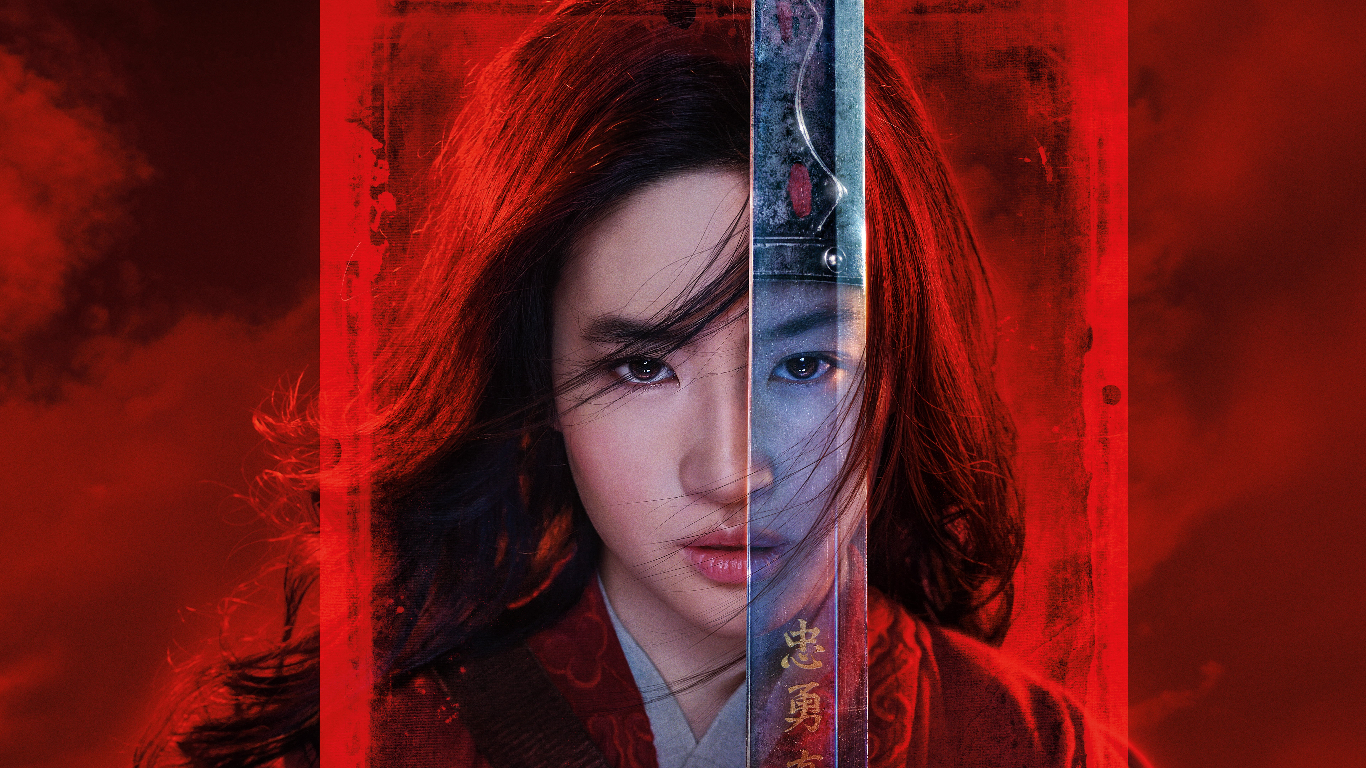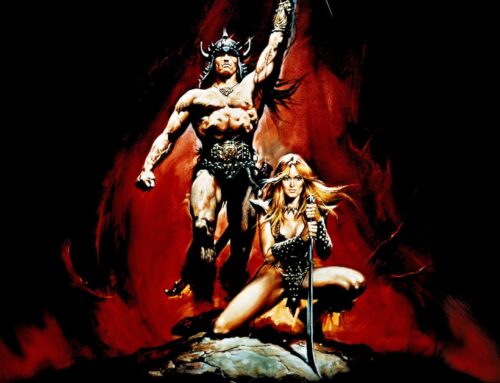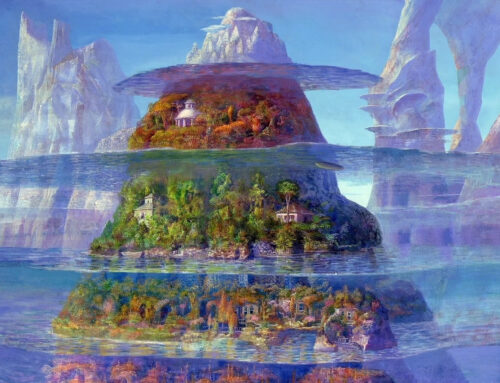THE DISNEY STORY:
Mulan, a Disney film from 1998, is based on a Chinese legend. This is how the Disney story goes: Mulan, fearful that her sick father will be drafted into the Chinese military, takes his place, despite the fact that she is officially ineligible to serve as a girl, living under a patriarchal society. She pulls off a convincing impersonation of a male and walks out to train with the other recruits. She uses her wits to help ward off a Hun invasion, accompanied by her dragon, Mushu, and falls in love with a handsome captain along the way.
THE REAL STORY:

Fu Hao, also known as Lady Hao, was one of King Wu Ding’s many wives who, unusually for the time, both served as a military general and a high priestess. In ancient inscriptions she is shown to have led numerous military campaigns. The Tu-Fang had fought the Shang for generations until being defeated in a single decisive battle by Fu Hao.
More campaigns against the Yi, Qiang, and Ba tribes in the area followed. She was the most powerful military leader of her day, commanding up to 13,000 soldiers and important generals Zhi and Hou Gao. The various weapons recovered from her grave, including enormous battle-axes, attest to her extraordinary prominence.
Hua Mulan takes her aging father’s place in the army in the original poem. She fought for twelve years and received high honors, but she declined any recompense and instead returned to her village.
As a result, the truth is far more boring than the Disney version.
The Hua Mulan crater on Venus is named after her.
Listen to Disney’s Mulan Chinese Theme Song – Reflection (Mandarin Version) by Yifei Liu:








